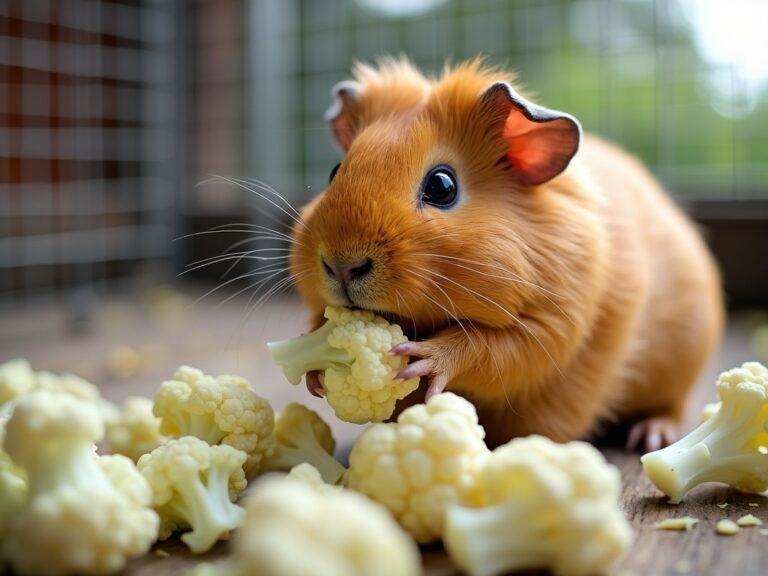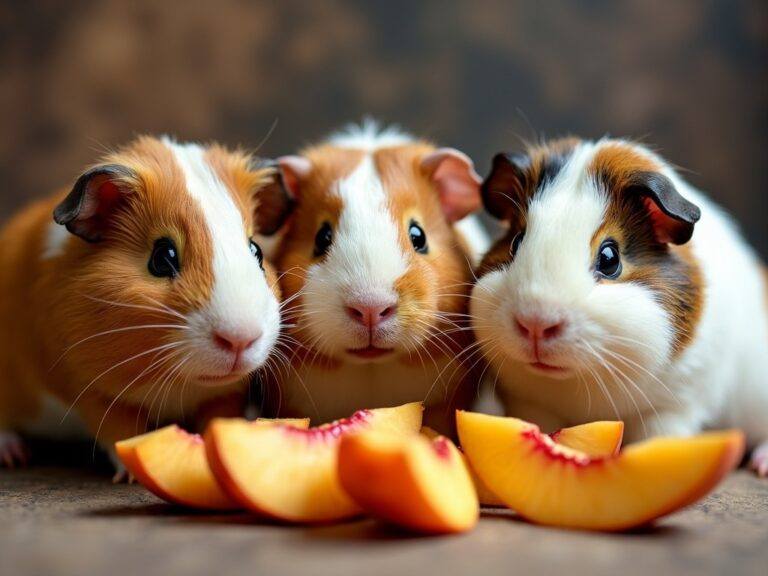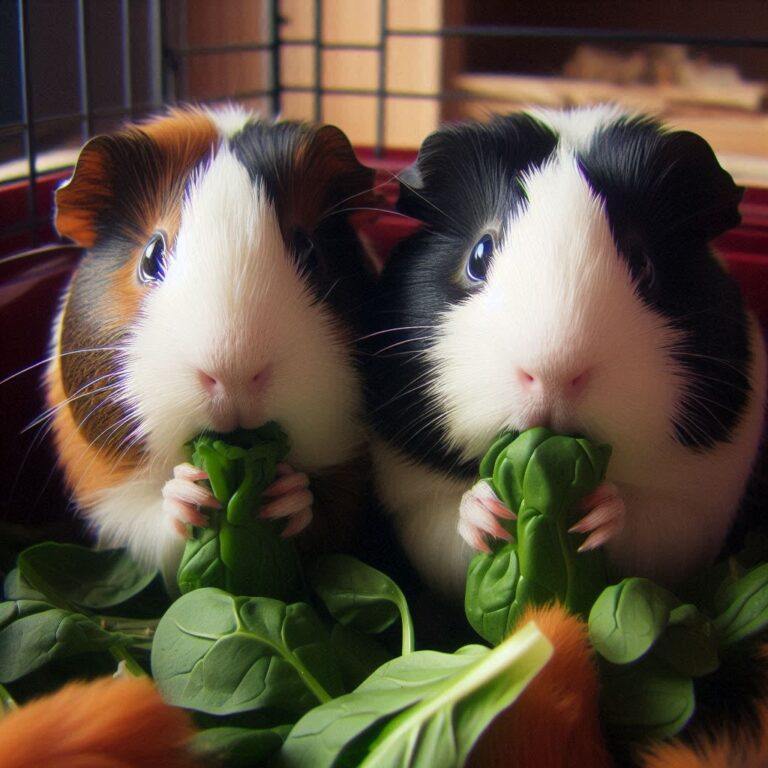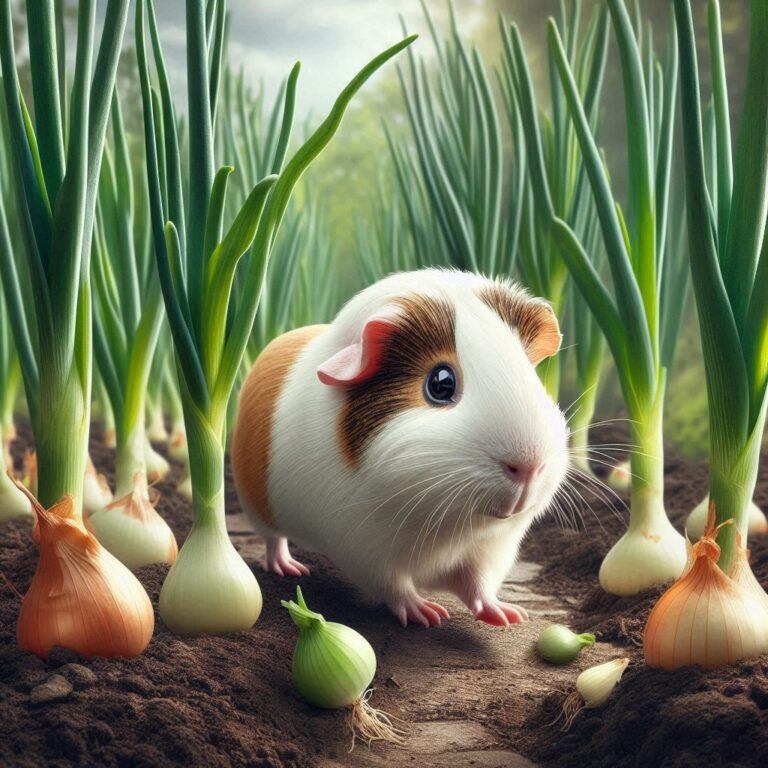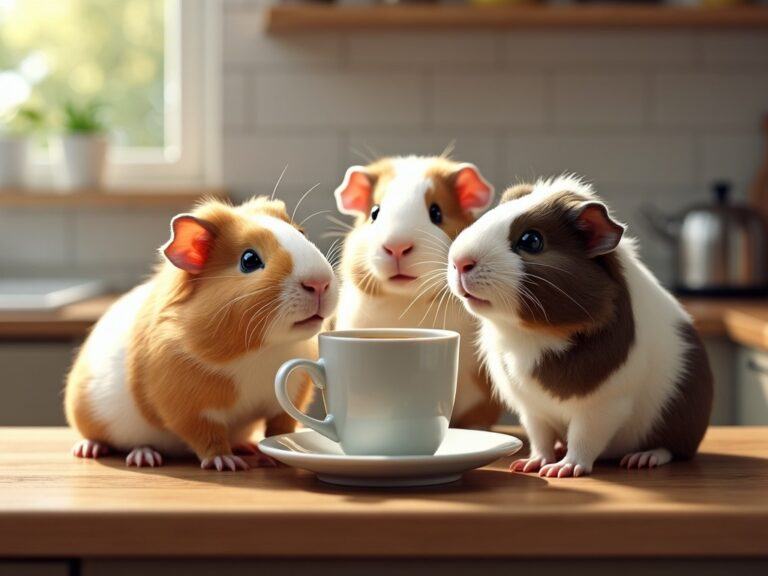Can Guinea Pigs Safely Eat Peanut Butter
The straightforward answer is NO, guinea pigs cannot safely consume peanut butter. They have specific dietary needs and restrictions that make peanut butter a poor choice for their health. Their digestive systems are not equipped to handle the high fat and protein content found in peanut butter and certain common ingredients in peanut butter can be toxic to them.
Understanding the dietary needs of guinea pigs is crucial. They require a diet high in fiber, low in fat, and with adequate vitamin C, as they cannot produce it naturally.
Peanut butter doesn’t fit this nutritional profile, being excessively rich and dense in fats and proteins.
Additionally, commercial peanut butter often contains additives like sugar, salt, and oils that further compound the risk to our guinea pig’s health.
Over the years, veterinarians consistently advise against feeding peanut butter to guinea pigs. The risks far outweigh any perceived benefits.
Aside from inappropriate nutrition, peanut butter’s sticky consistency can lead to choking – a serious hazard that’s easily overlooked. Even in small quantities, this treat can cause substantial harm.
As a responsible pet owner, it’s essential to be informed about the risks. It’s not merely about the immediate choking hazard; the implications for your furry friend’s long-term health are considerable.
This concise information is reinforced by expert opinions and studies which point to one conclusion: peanut butter is a definite no-go for guinea pigs. In the pursuit of a happy, healthy pet, understanding these risks is the first step.
Health Risks Associated with Peanut Butter for Guinea Pigs
One might think a little peanut butter can’t do harm, especially when it’s such a popular treat among humans.
However, for our guinea pigs, the story is quite different. Peanut butter is rich in fats and proteins that far exceed the dietary constraints of a guinea pig’s digestive system.
The thick and sticky consistency of peanut butter isn’t something guinea pigs can handle either. It can lead to a serious risk of choking.
Unlike humans, guinea pigs can’t vomit, so if they ingest something that causes a blockage, it can be especially risky and even life-threatening.
Allergies are another concern. While it’s less common, guinea pigs can have allergic reactions to certain foods, and the various additives found in peanut butter could trigger such a response.
Preservatives, salt, and sweeteners used in peanut butter are not meant for guinea pig consumption and can lead to health issues.
Take it from veterinarians who specialize in small pets; the consensus is clear. Even a small lick of peanut butter can cause digestive upset or worse in a guinea pig. It’s a risk not worth taking when there are far safer snack options available.
In light of these dangers, I cannot stress enough the importance of adhering to a proper diet for these small pets.
As we transition to discussing how to foster a safe and nutritious diet for our guinea pigs, remember that the cornerstone of their health is based on simple, natural, and appropriate foods that mimic what they would find in the wild.
A Safe and Nutritious Diet for Our Guinea Pigs
The foundation of a healthy diet for our guinea pigs lies in understanding what is safe and what poses potential dangers.
As I’ve clarified, peanut butter isn’t a safe option for these little creatures. Now, let’s turn our attention to what you CAN feed your guinea pig to promote their well-being.
Fresh hay should be the staple of your guinea pig’s diet; it’s fundamental for their digestive health and to maintain their teeth.
Ensure fresh, clean water is always available as it is crucial for their hydration. When it comes to veggies, a daily mix of leafy greens like romaine lettuce, kale, and parsley provides necessary vitamins.
Fruits are a sweet treat that should only be given in moderation due to their sugar content. When you do, opt for small portions of apple, blueberry, or melon. Remember, variety in moderation is key to a balanced diet.
Trust comes from assurance, and ensuring you’re well-educated on your pet’s dietary needs is part of that. When in doubt, ALWAYS consult with a vet who specializes in exotic pets.
They’re the go-to resource for what will best suit our guinea pig’s nutritional needs.
Support groups and online forums can also be places to gain insights and share experiences with other guinea pig owners. However, always cross-check what you learn with reliable, expert information.
I understand you want what’s best for your guinea pig, and that’s why you’re reading up on their dietary needs.
Keep tabs on reliable sources, stay clear of feeding human snacks like peanut butter, and focus on a diet that’s specifically tailored for guinea pigs.
After all, their health and happiness depend on it!



